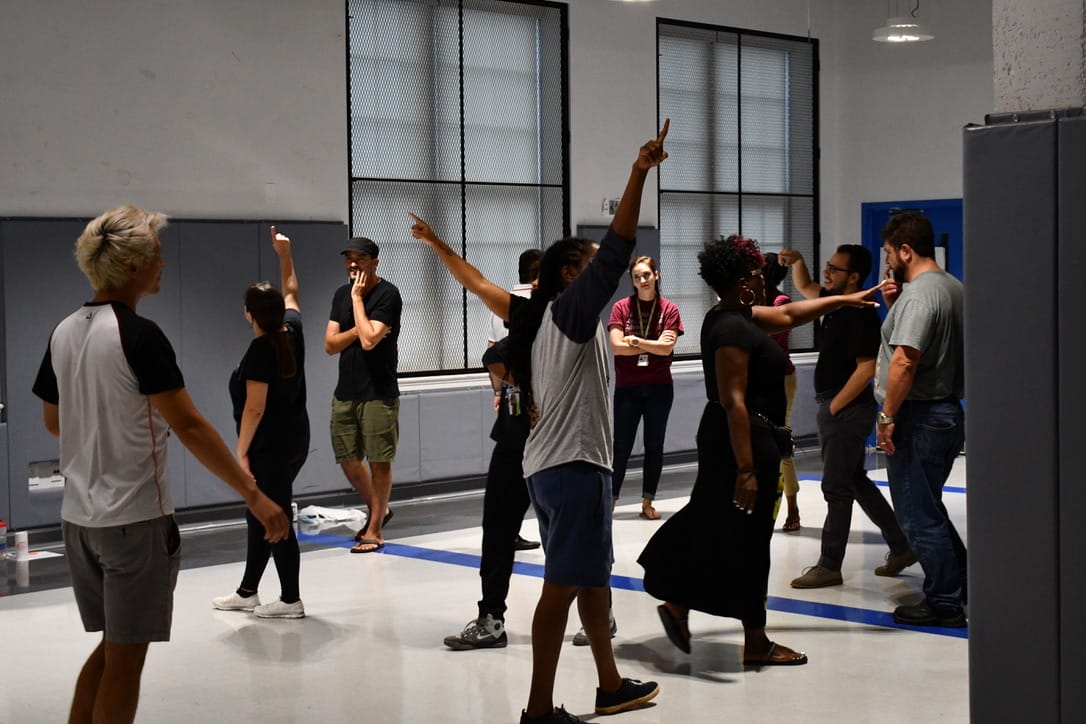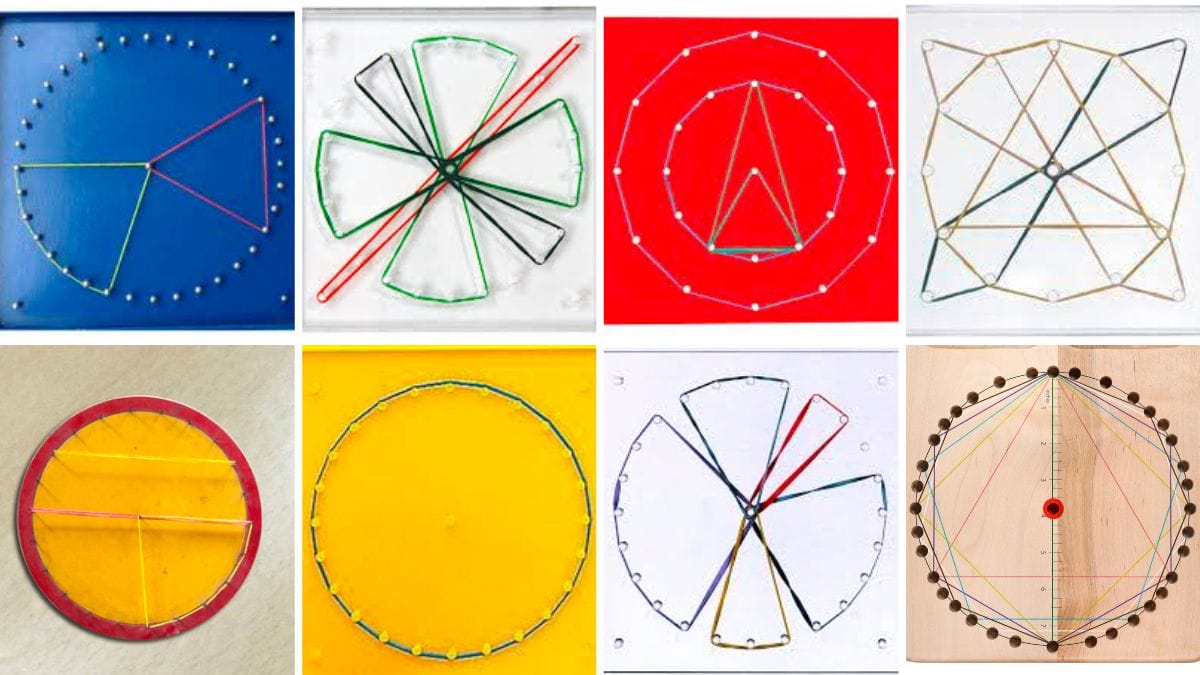February 20, 2023
By Aleta Margolis, Founder and President of Center for Inspired Teaching
Hooray for Monday is a weekly blog filled with questions, ideas, reflections, and actions we can all take to remodel the school experience for students.
You can now listen to Hooray for Monday on Spotify! Check out our podcast here.
Some time ago, shortly after I founded Inspired Teaching, I received a call from a Colonel at The Basic School, the US Marine Corps University in Quantico, VA. He had seen an article in The Washington Post on the Inspired Teaching Institute, which described the ways we taught teachers to think, and behave, like improvisational actors. He explained that he wanted his officers to learn the same skills we were teaching teachers – to craft a detailed plan, and to recalibrate that plan on a moment’s notice in the face of unexpected challenges or opportunities. He also explained that though they were highly motivated, his students were having trouble retaining the information they needed to learn. I asked him about his faculty’s teaching methods, and he indicated the officers were spending approximately 10 hours per day listening to lectures!

During the 15 hours I spent at The Basic School, I led the hundred or so officers through dozens of Inspired Teaching activities, building their curiosity, and skills in observation, listening, strategic planning, imagination, and other forms of problem-solving. About halfway through the day, it was time for geometry. (We rarely stray far from math at Inspired Teaching!) I handed out geoboards, rubber bands, and yarn. I asked for a volunteer to share the formula for finding the circumference of a circle, and nearly everyone responded correctly: πD or 2πr (π (pi), or 3.14, times the diameter of the circle; or put another way, 2 times π times the radius of the circle).

I asked the group how they knew this was correct. Most participants responded that they’d seen these formulas in a math textbook back in junior high school, or had gotten this kind of problem right on a test at some point. I then challenged them to explain why it worked, and to go further and prove that multiplying the diameter of a circle (or the radius times 2) by π will truly produce the correct measurement for the circumference of that circle.
After nearly an hour of experimentation, we engaged in a discussion of what participants had experienced, what they’d learned, and what they were wondering about. The officers expressed frustration at the long and complicated process, joy at the discoveries they’d made (among them, the beautiful proportion 22/7!), curiosity about what else they might have learned in school if their teachers had challenged them to explore mathematics and other subjects in depth, and more.

And then one of the officers, who was clearly struggling to hide his frustration and perhaps even anger at me, raised his hand, stood up, and said, “We’ve just spent almost an hour deriving a formula that’s already known. What’s the value of spending time figuring something out when we already know the answer? I’m a helicopter pilot,” he continued, “If my helicopter is going down, the thing I need to know is which button to push to save my life. Why do I need to know how to build a helicopter?”
The entire auditorium was silent as I contemplated my response. Then (mercifully!) another officer raised her hand, stood, and responded to her colleague, “Your helicopter is going down. You push the button. It doesn’t work. You’re still going down. Now you’d better be able to figure out how the helicopter works!”

We don’t always have to know the inner workings of helicopters or how to derive π. Sometimes shortcuts do the job. Sometimes it’s enough to know which numbers to drop into a formula or which button to push on the control panel.
But whether you’re an adult flying a helicopter or a child learning the skills you’ll need to fly on your own one day, it’s good to keep your curiosity in shape. Our continued growth as learners is fueled by our capacity to figure things out.
Our work as teachers – as Instigators of Thought – is to build that capacity. Of course, that takes time. All things worth doing usually do.
RELATED RESOURCES

Exploring the Power of Curiosity and Deep Listening
Listen to Aleta's interview on the Clear Your Messages Podcast
Tania Heller interviews Aleta in this podcast about effective leadership and communication. The helicopter story features in the discussion!
Take a Listen!
 Marvelous Math Activities
Marvelous Math Activities
From finding pi to doing a math dance, there are lots of ways to engage with math content and dive into the WHY behind concepts while also building students' capacity to figure things out. Check out these 25 activities and 25 more!

 Marvelous Math Activities
Marvelous Math Activities